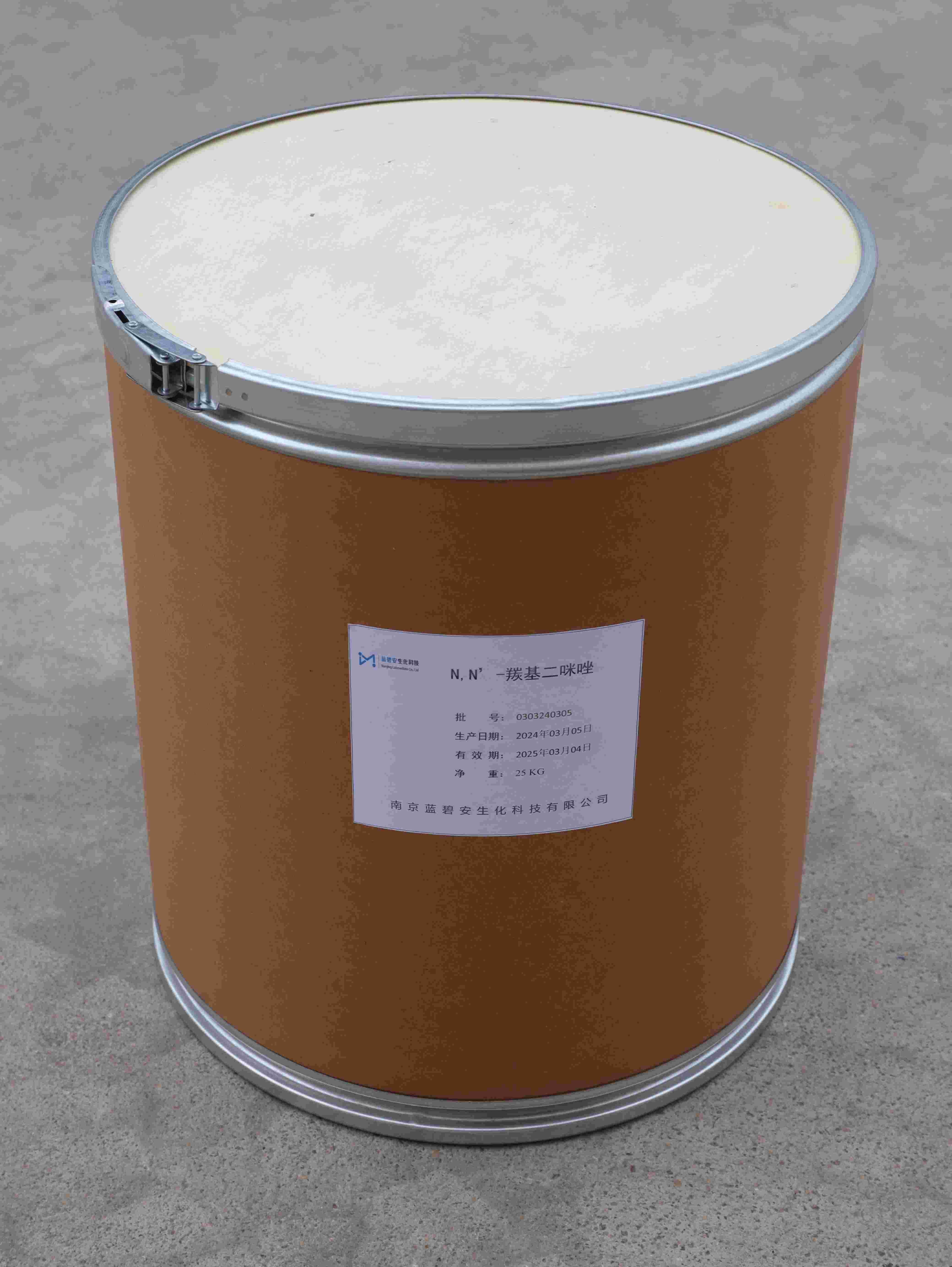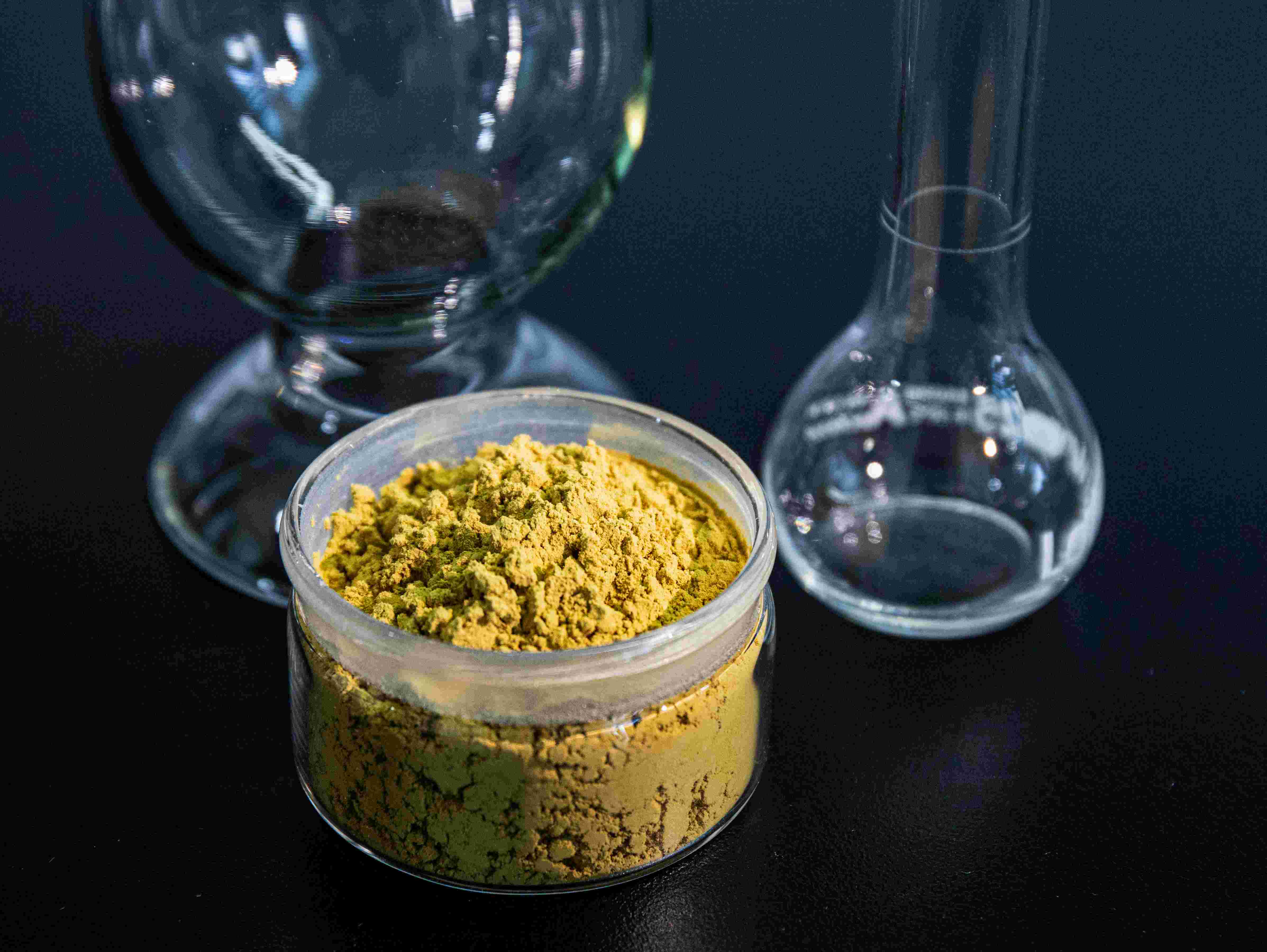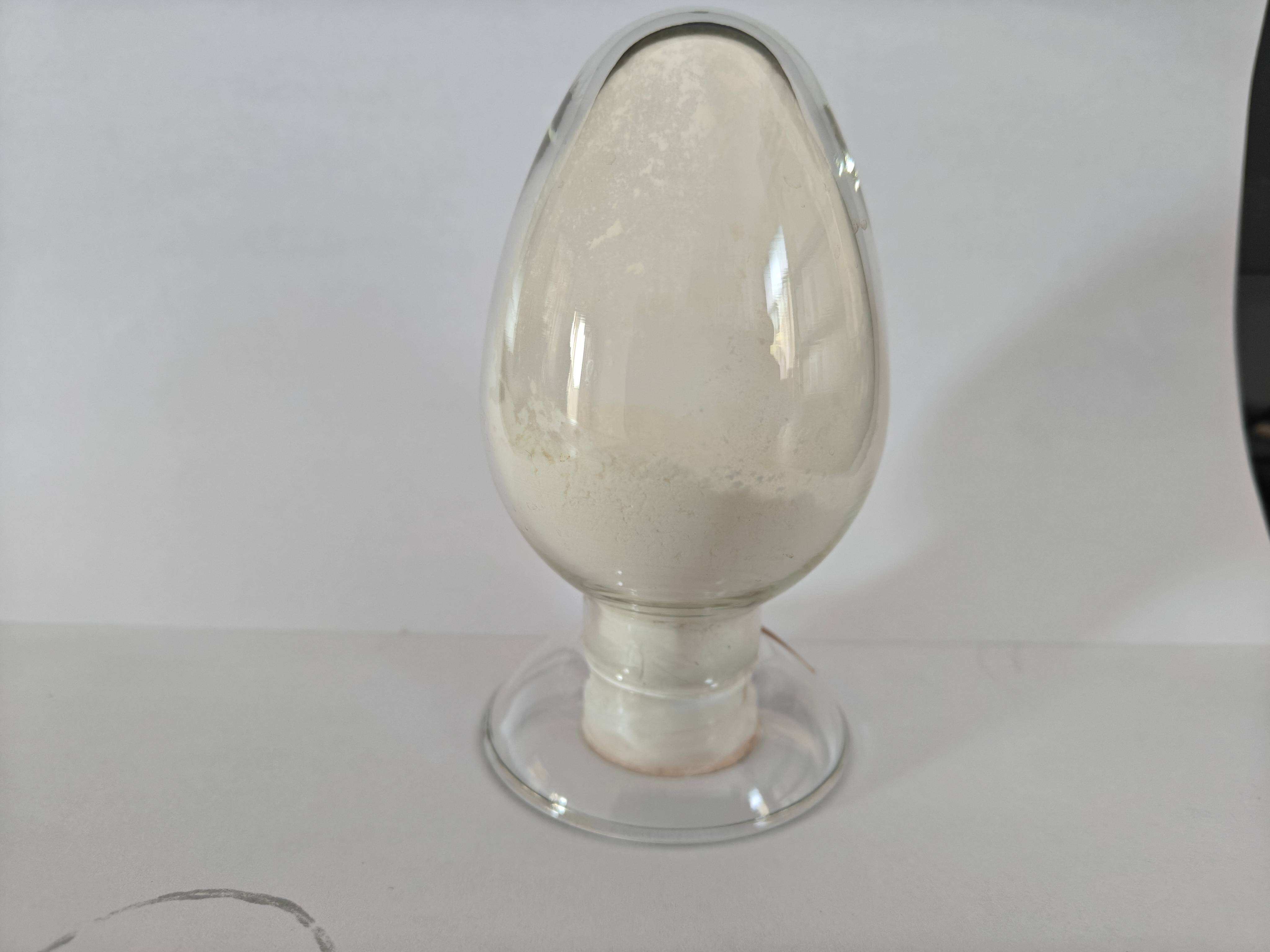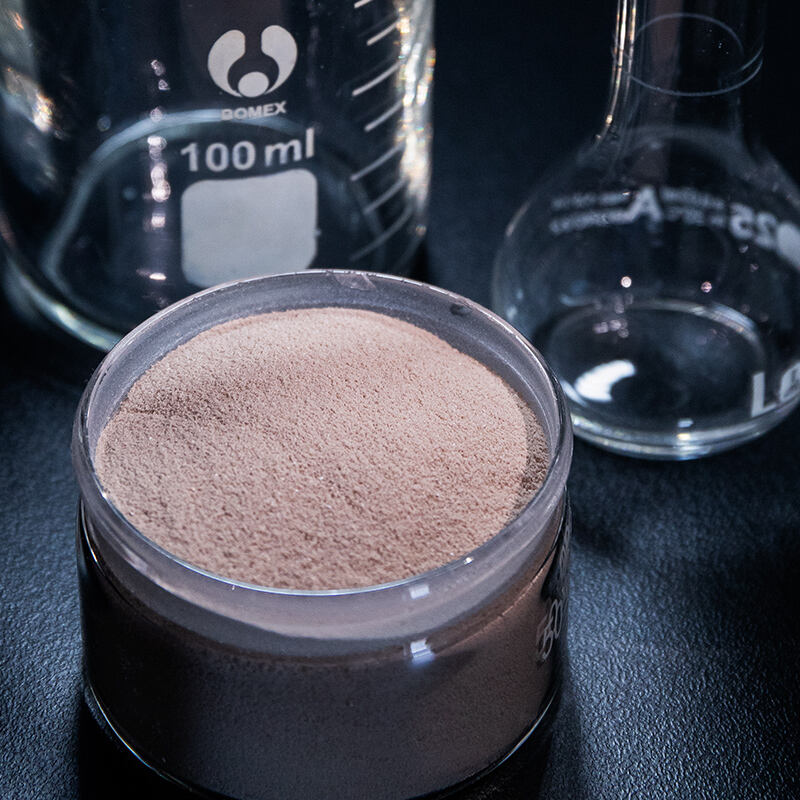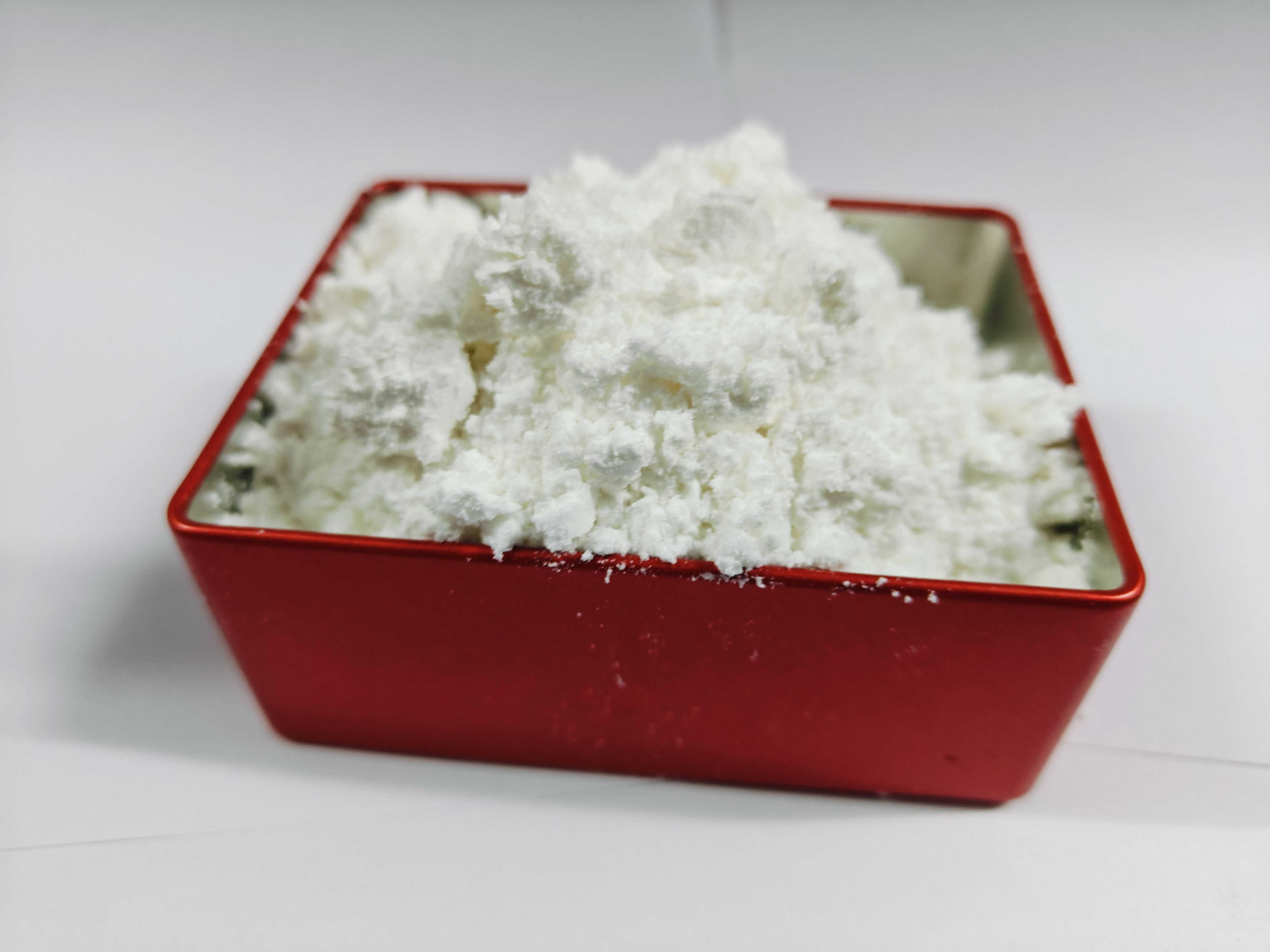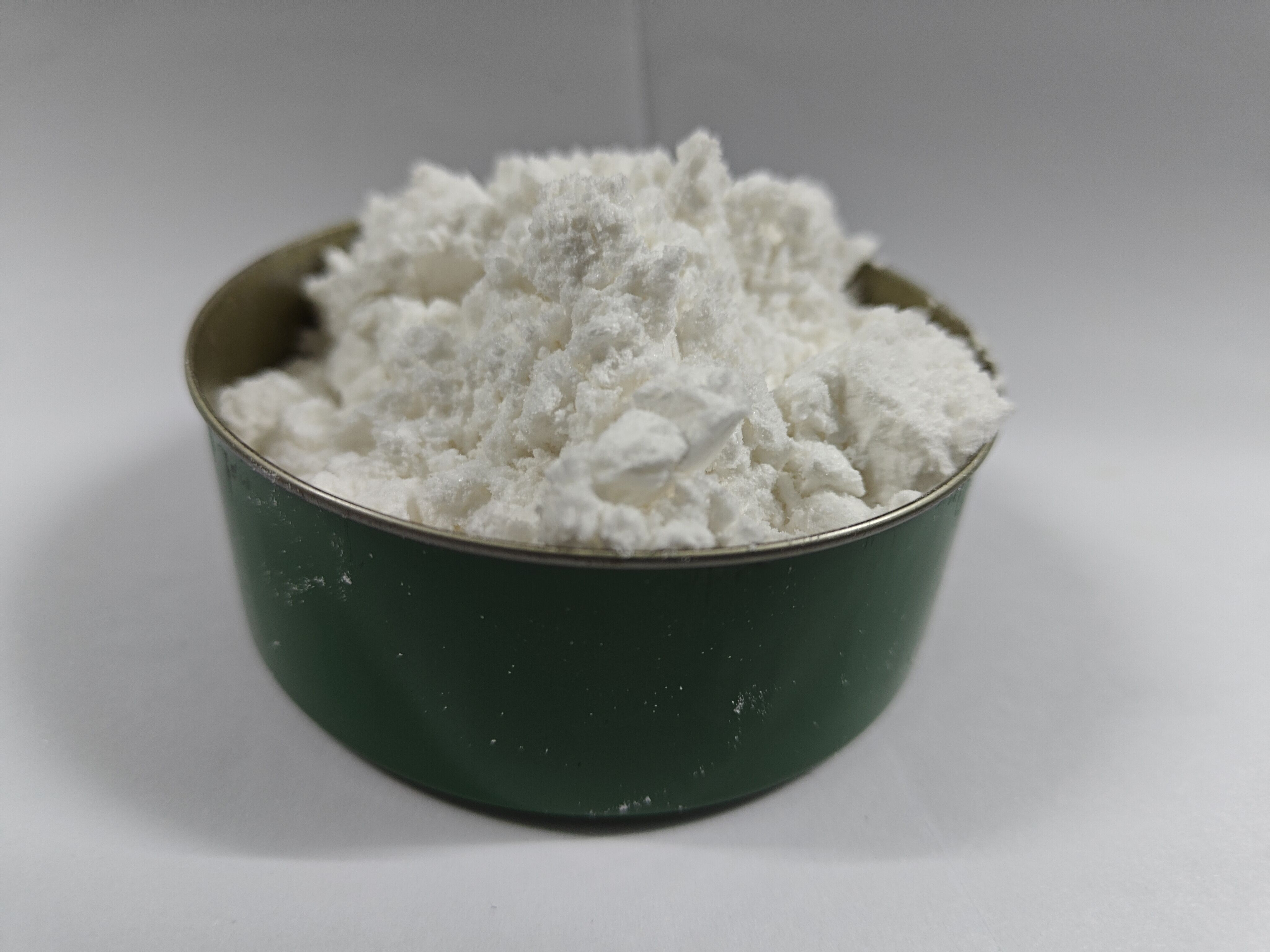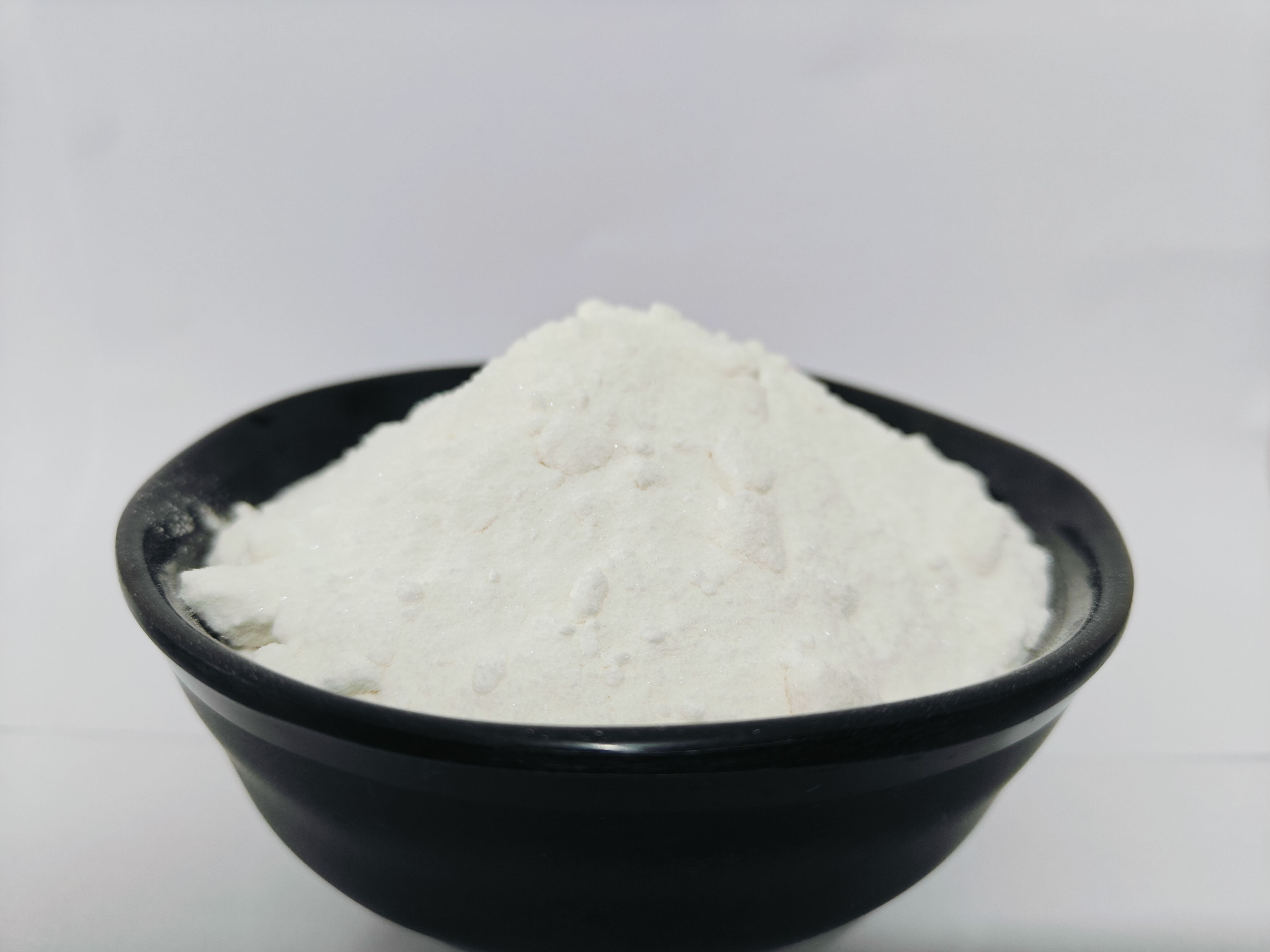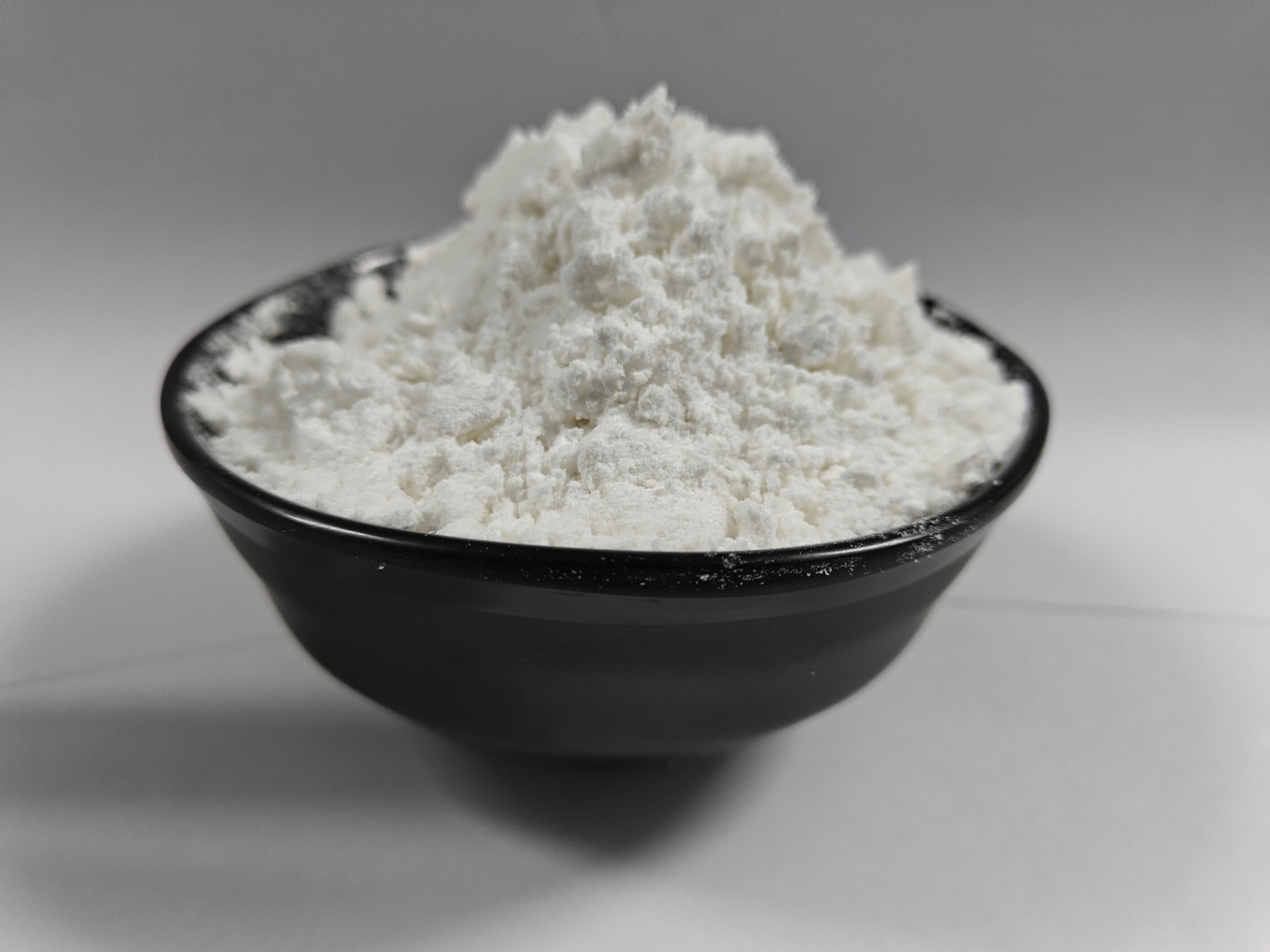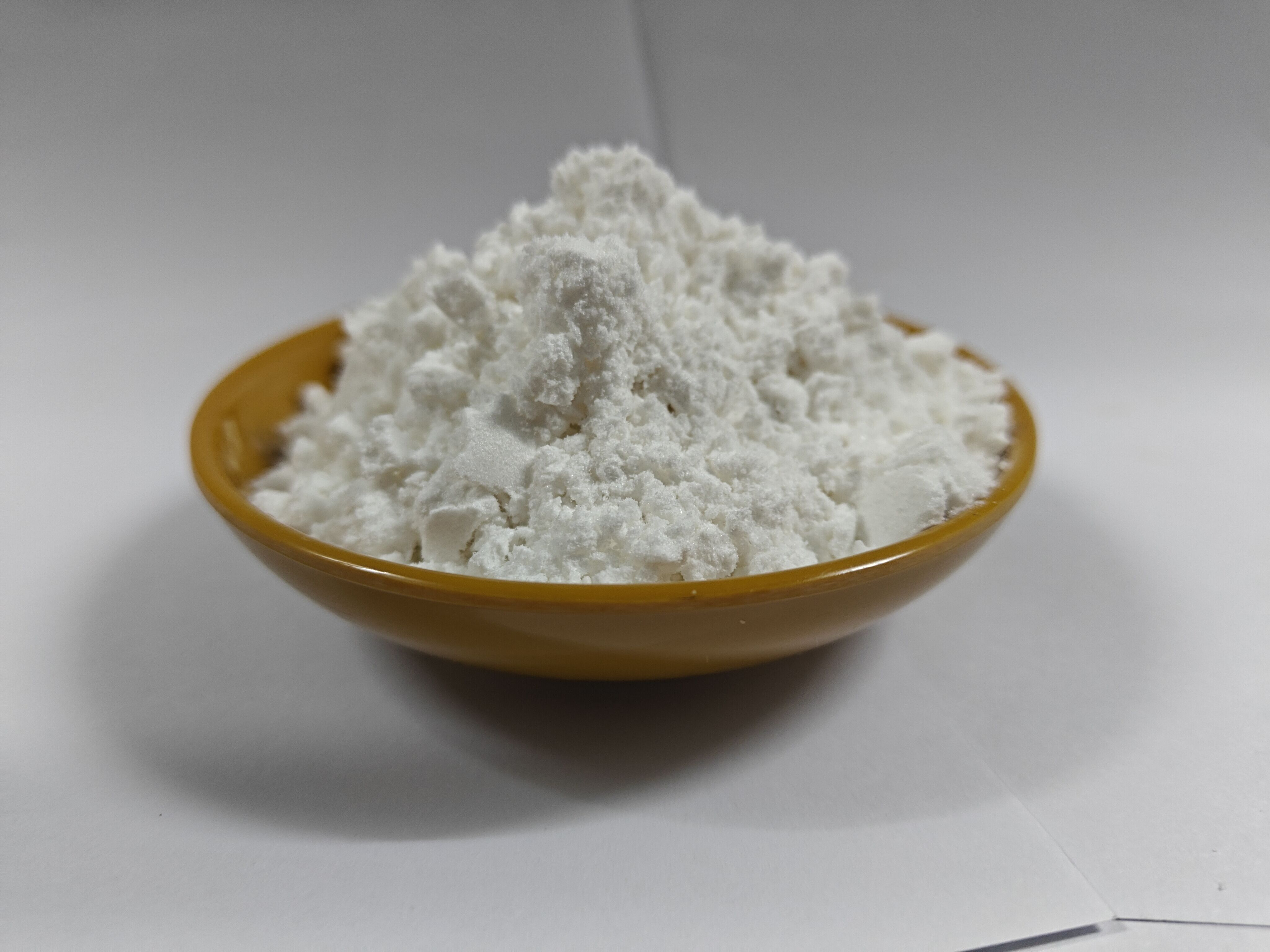prix du carbonyl diimidazole pour la synthèse de liaisons amides
Le prix du carbonyl diimidazole (CDI) pour la synthèse de liaisons amides représente une considération critique dans les processus modernes de fabrication chimique. Ce réactif versatile, connu pour son efficacité dans la formation de liaisons amides, offre une solution coûteuse pour diverses applications synthétiques. Le prix actuel sur le marché reflète son adoption généralisée dans les secteurs pharmaceutique, agrochimique et les laboratoires de recherche. La fonctionnalité du CDI en tant qu'agent d'activation permet la formation de liaisons amides dans des conditions douces, ce qui le rend particulièrement précieux dans la synthèse moléculaire sensible. La technologie derrière la synthèse du CDI a évolué pour garantir des niveaux de pureté plus élevés à des prix compétitifs, permettant aux fabricants d'optimiser leurs coûts de production tout en maintenant la qualité du produit. Sa nature stable à température ambiante et sa durée de conservation relativement longue contribuent à sa viabilité économique dans les applications industrielles. La structure de tarification varie généralement en fonction de la quantité, du niveau de pureté et des relations avec les fournisseurs, les achats en vrac qualifiant souvent pour des réductions de coûts importantes. Les processus de fabrication modernes ont aidé à rationaliser la production, conduisant à des prix plus stables et prévisibles sur le marché. La capacité du réactif à produire un minimum de sous-produits et sa compatibilité avec les systèmes de synthèse automatisés renforcent encore son efficacité coûteuse dans les opérations à grande échelle.

